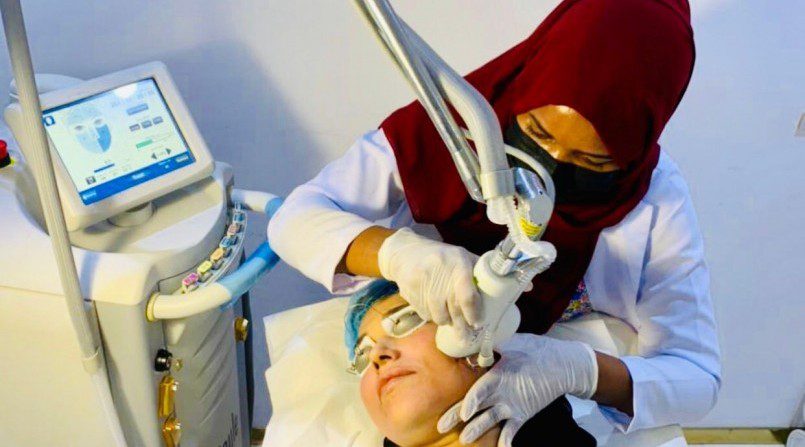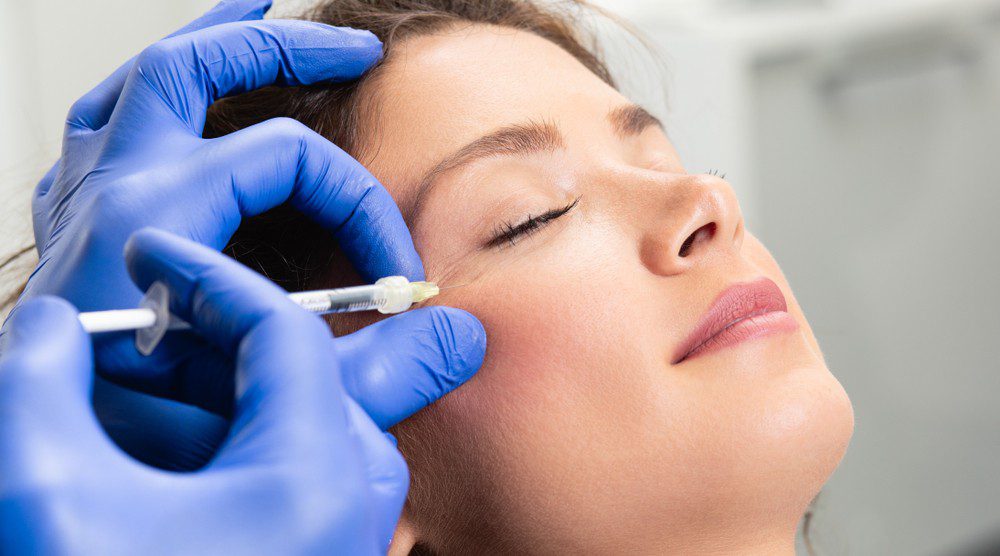Regular Health Check Up: Types, Benefits and Frequency

What is a full body checkup?
A regular check-up, also known as a routine health examination or preventive health check-up, is a medical appointment during which a healthcare professional evaluates your overall health, even if you are not currently experiencing any symptoms. The purpose is to detect and prevent potential health issues before they become serious and to promote overall well-being. The specific components of a regular check-up can vary based on factors such as age, gender, medical history, and risk factors.
Tests included in the full body checkup package
A general check-up may include the following components:
- Medical History Review: The healthcare provider will discuss your personal and family medical history to identify any potential risk factors or hereditary conditions.
- Physical Examination: A thorough physical examination is usually conducted to assess your general health. This may include checking your vital signs, such as blood pressure, heart rate, respiratory rate, and temperature.
- Blood Pressure Measurement: Regular monitoring of blood pressure is important to detect and manage hypertension.
- Cholesterol Level Check: Assessing cholesterol levels helps in evaluating cardiovascular health and identifying potential risks for heart disease.
- Blood Tests: These may include a complete blood count (CBC), blood glucose levels, liver function tests, kidney function tests, and other specific tests based on individual health risks.
- Cancer Screenings: Depending on age, gender, and risk factors, screenings for certain types of cancer (e.g., mammograms for breast cancer, colonoscopies for colorectal cancer) may be recommended.
- Immunizations: Ensuring that vaccinations are up-to-date is a crucial aspect of preventive care.
- Vision and Hearing Tests: Regular checks for vision and hearing problems may be included, especially as you age.
- Body Mass Index (BMI) Measurement: This helps assess whether you are in a healthy weight range.
- Discussion of Lifestyle and Behavioral Factors: Your healthcare provider may inquire about your diet, exercise habits, stress levels, and other lifestyle factors to provide guidance on maintaining a healthy lifestyle.
Benefits of a full body checkup
Regular health check-ups offer numerous benefits for individuals, contributing to both preventive care and overall well-being. Here are some key advantages:
- Early Detection of Health Issues: Regular health check-ups can help identify potential health problems at an early stage, allowing for timely intervention and treatment. Early detection often leads to more effective and less invasive treatment options.
- Prevention of Diseases: Health screenings and assessments during check-ups can help identify risk factors and lifestyle habits that may contribute to the development of diseases. By addressing these factors, individuals can take preventive measures to reduce the risk of certain illnesses.
- Management of Chronic Conditions: For individuals with chronic conditions such as diabetes, hypertension, or heart disease, regular check-ups are essential for monitoring and managing these conditions. This can help prevent complications and improve overall health outcomes.
- Vaccination Updates: Regular check-ups provide an opportunity to ensure that vaccinations are up-to-date. Vaccinations are crucial for preventing various infectious diseases and protecting both individual and community health.
- Promotion of Healthy Lifestyle: During health check-ups, healthcare providers often discuss lifestyle factors such as diet, exercise, and stress management. This guidance helps individuals make positive lifestyle changes, contributing to better overall health.
- Blood Pressure and Cholesterol Management: Regular monitoring of blood pressure and cholesterol levels helps in the early detection and management of cardiovascular issues, reducing the risk of heart disease and stroke.
- Cancer Prevention and Early Detection: Health screenings for certain cancers, such as mammograms for breast cancer or colonoscopies for colorectal cancer, are integral to early detection and treatment, significantly improving survival rates.
- Mental Health Assessment: Some health check-ups include discussions about mental health and well-being. Identifying and addressing mental health issues early can lead to appropriate interventions and support.
- Educational Opportunities: Health check-ups provide opportunities for healthcare providers to educate individuals about their health, including risk factors, symptoms to watch for, and preventive measures. This empowers individuals to take an active role in their own well-being.
- Improved Quality of Life: By addressing health concerns proactively and making positive lifestyle changes, individuals can experience an improved quality of life. This includes better physical health, mental well-being, and overall life satisfaction.
It is important to note that the benefits of health check-ups can vary based on individual health status, age, and other factors. Regular communication with healthcare providers allows for personalized care plans that address specific health needs and concerns.
Frequency of regular health check-ups
The frequency of regular health check-ups can vary depending on factors such as age, overall health, and existing medical conditions. In general, adults are often advised to have a check-up at least once a year. However, individuals with specific health concerns or chronic conditions may need more frequent check-ups. It is essential to discuss the appropriate schedule with your healthcare provider, who can tailor recommendations based on your individual health needs. Regular check-ups are crucial for early detection of potential health issues and for maintaining overall well-being.
What is the difference between medical checkup and health checkup?
The terms "medical checkup" and "health checkup" are often used interchangeably, but they can have slightly different connotations depending on the context. In general, both refer to assessments conducted by healthcare professionals to evaluate an individual's health status, detect potential issues, and promote overall well-being. However, there can be some nuances in how these terms are used:
Medical Checkup
A medical checkup typically refers to a more focused examination conducted by a healthcare professional to address specific medical concerns or symptoms.
It may be initiated in response to a particular health complaint or condition, or it could be a routine follow-up for individuals managing chronic illnesses.
The emphasis is often on diagnosing and managing existing medical conditions, as well as monitoring the progress of ongoing treatments.
Medical checkups may involve specialized tests or examinations related to a specific area of health concern.
Health Checkup
A health checkup is a broader term that encompasses a more comprehensive evaluation of an individual's overall health and well-being.
Health checkups are often conducted as preventive measures, even in the absence of specific symptoms or complaints, with the goal of identifying potential risks and promoting a healthy lifestyle.
They may include a range of screenings, tests, and assessments covering various aspects of health, such as physical fitness, nutrition, mental well-being, and the prevention of diseases.
Health checkups are proactive and may be recommended periodically to ensure early detection of potential health issues and to encourage preventive measures.
In summary, while both medical checkups and health checkups involve assessments by healthcare professionals, a medical checkup may be more focused on diagnosing and managing specific medical conditions, while a health checkup is often broader in scope, emphasizing preventive care and overall well-being. The terms are sometimes used interchangeably, and the specific content of a checkup can vary based on individual needs, age, and health history. Regardless of the terminology, the goal is to promote good health and address any potential health concerns.
Most Popular:
-

Sciton HALO vs Sciton BBL
Read More »September 20, 2022 -

What is profhilo, and how is it different from fillers?
Read More »September 20, 2022 -

Body contour solutions from SKIN111
Read More »September 20, 2022 -

Does IV GLUTATHIONE therapy work
Read More »September 20, 2022 -

How can an IV drip help you boost your energy
Read More »September 20, 2022